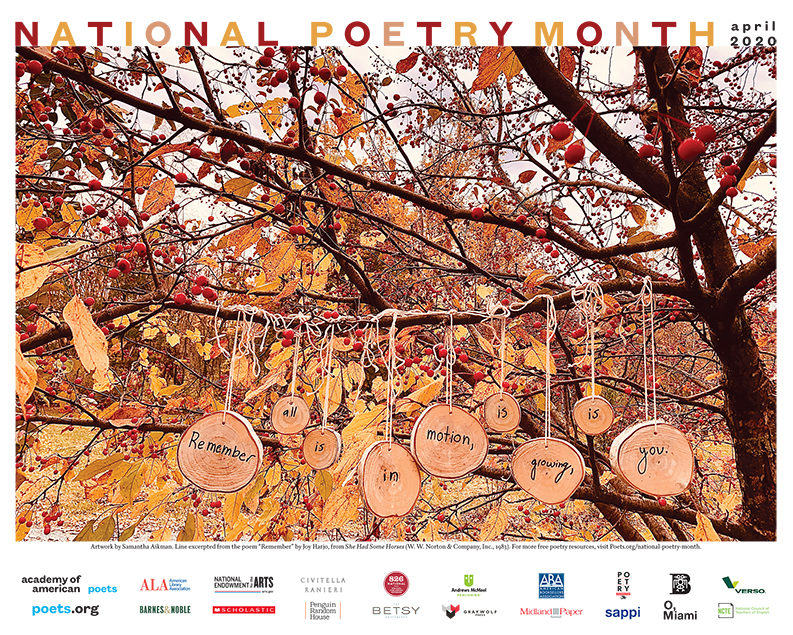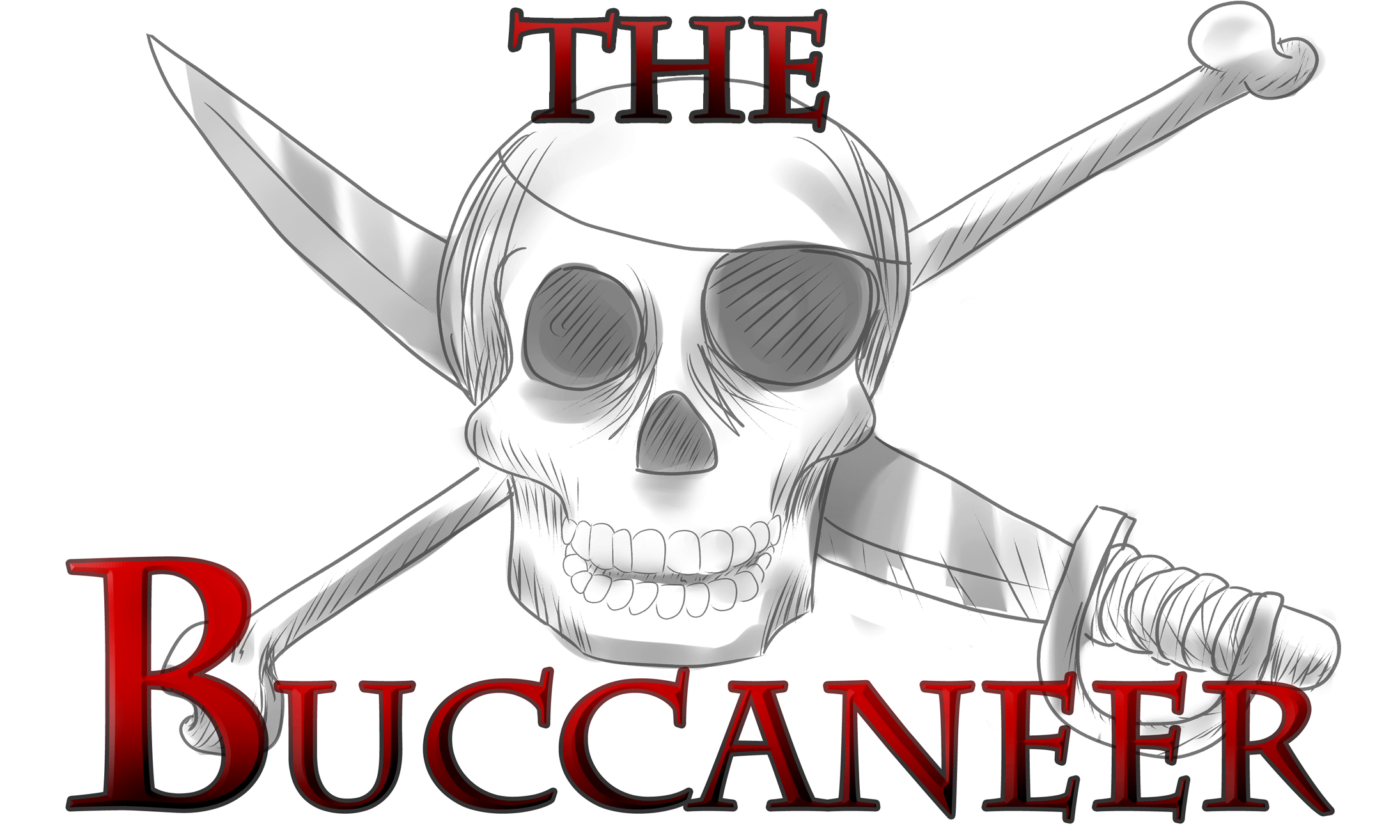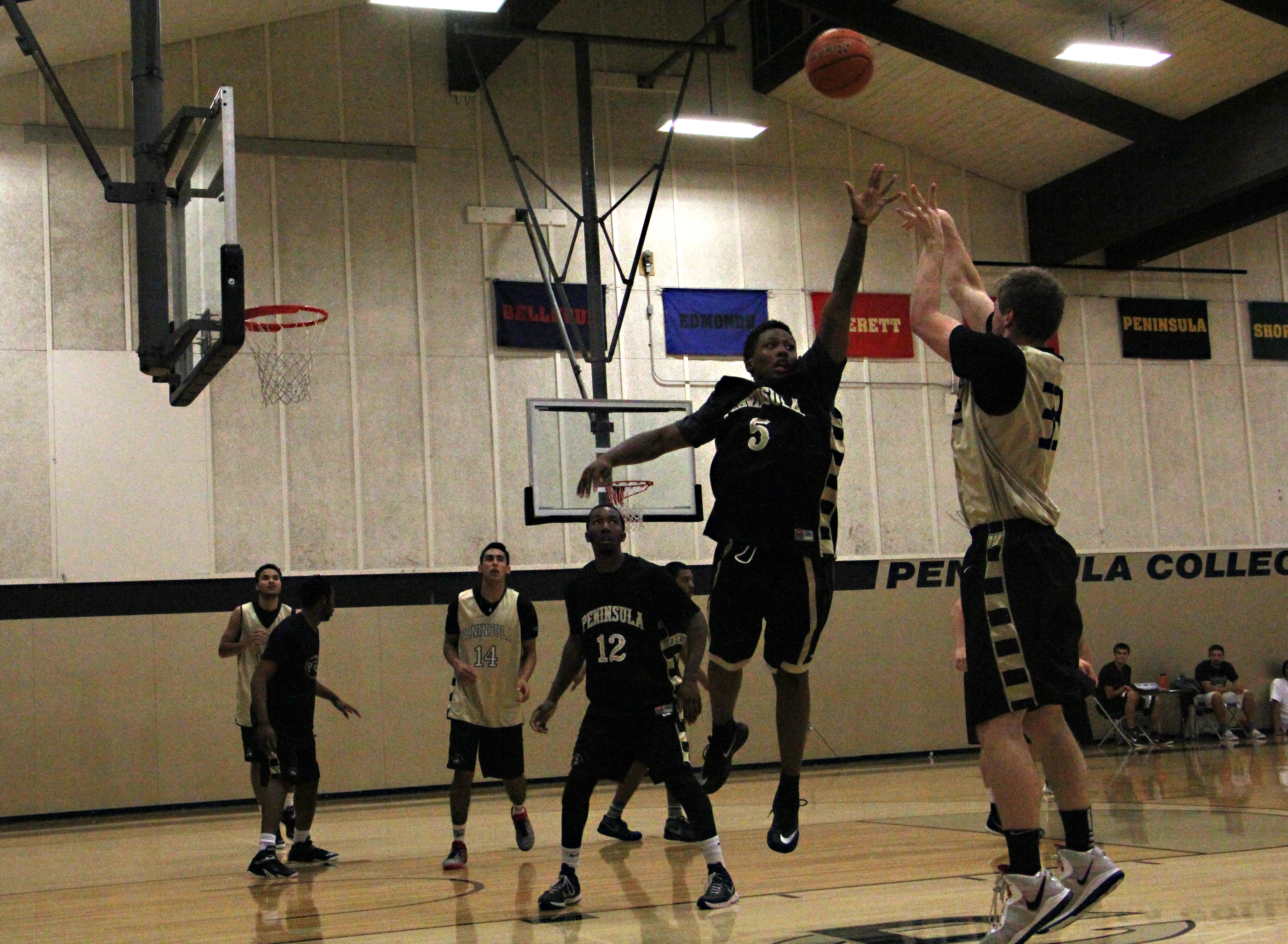
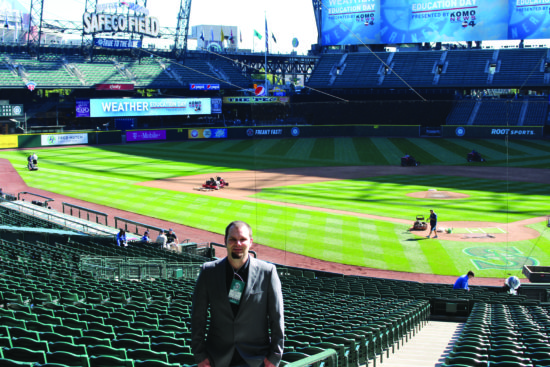
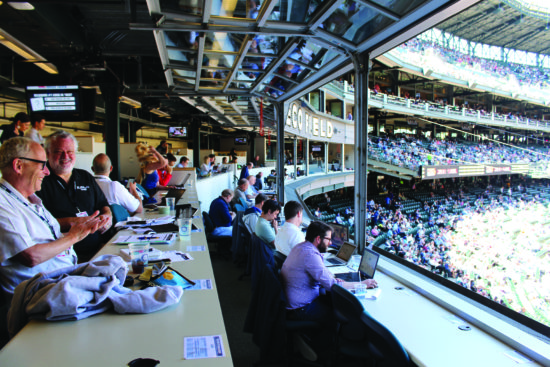

I was sweating. My nerves were getting the best of me. Then Edgar Martinez walked by.
He was shorter than I had always pictured.
Standing at the entrance to the Seattle Mariners clubhouse at 9:30 a.m., on May 11, I was helping cover my first game for the Associated Press and was not prepared to see hometown superstars passing just mere feet in front of me.
Then, right fielder and designated hitter Nelson Cruz walked by; then six-time All-Star Robinson Cano.
By the time I entered manager Scott Servais’ office for a pre-game interview, I was thoroughly star-struck.
By the luck of the Baseball Gods, I had met AP, freelance sportswriter Jim Hoehn while covering the Pirates at the Northwest Athletic Conference Basketball tournament in Everett, for The Buccaneer.
We exchanged small talk. I handed him a copy of the newest Buc. We swapped contact information and I didn’t expect to hear from him again.
A month later, Hoehn emailed me asking if I’d like to help him cover a Mariners game for the AP. I had to read the email a few times to be sure I wasn’t dreaming.
After expressing my profound gratitude, and confirming I would, in fact, L-O-V-E to help him cover a Mariners game, I found myself on the Bainbridge Ferry at 8 a.m., preparing myself for what would become one of the best days of my life.
Following the pre-game meeting in Servais’ office, Hoehn and I made way to the press box.
The press box is 3-tiered rows of seating for enough room to seat, approximately, 50 sportswriters and media personnel.
They included Peninsula College graduates Ryan Hueter and Kelli Munro, who are now Coordinator’s of Baseball Information for the Mariners.
We had the best seats in the entire press box; middle, front row, with an unparalleled view.
Hoehn sat to the left of me, and to the right sat Jim Caples from ESPN.com.
Throughout the game, I would hear Caples make calls across the world, interviewing people for his upcoming stories, including one about 7-foot Chinese boxer Taishan Dong.
My job was to get post-game quotes from the Tampa Bay Rays for Hoehn’s articles.
For the AP, Hoehn is required to write three articles for the game. Two regional-based stories — one for Seattle, one for Tampa Bay — and a generic article for neutral newspapers around the country.
After witnessing the sportswriters in the clubhouse pre-game, I noticed a distinct pecking-order and hierarchy among the writers.
When Nelson Cruz walked by, Greg Johns, Mariners writer for MLB.com, asked Cruz for two-minutes of his time, at which point Cruz beckoned Johns to follow him into the clubhouse.
It was like the other reporters knew, and accepted, that Johns got first-dibs with one-on-one interviews.
Across the course of the game — which the Mariners won in the bottom of the 11th-inning off a Chris Iannetta walk-off home run – I watched Hoehn and how he operated.
Not only did he keep “book,” which is recording every play in a stat book, but he was constantly researching aspects of the game.
Was that Corey Dickerson’s first career grand slam? Was this really only Taijuan Walkers 4th walk of the entire season?
Hoehn was continually checking and double-checking stats and facts.
Even after writing, literally, every sports article for The Buccaneer for the last 17 months, Hoehn’s technique showed me what I can improve on, and that this Mariners sportswriting job was not something that you can just jump into.
After the Mariners walk-off home run win, I hustled down to the Tampa Bay clubhouse and readied myself for the post-game interviews.
Joined by three Tampa Bay reporters, we solemnly waited for players to get out of the showers.
The atmosphere was greatly different than I expected. There is a certain etiquette that reporters follow in the clubhouse. Everyone was quiet, even the players. Anyone who talked did so in hushed whispers.
The four writers stood in the middle of the clubhouse and waited awkwardly until the stars of the game — or villains — exited the showers.
I got my first taste of Major League interviewing right off the bat.
The first person we interviewed was Steve Geltz, the pitcher who gave up the game-winning home run.
The first question a Tampa Bay reporter asked him was, “So what happened with that last pitch to Iannetta.” Geltz, obviously still upset over his recent blunder, answered like an adult explaining something to a child, “He hit the ball over the fence, and it was a walk-off homer.” The reporter was visibly irritated.
Next, we interviewed Tampa Bay ace Chris Archer, who was in brighter spirits.
When talking about his pitching performance during a certain inning, he used the phrase, “It did bode well,” then grinned and asked us if he used that phrase correctly.
We then talked to Tampa Bay superstar third-baseman Evan Longoria, followed lastly by Corey Dickerson who hit a grand slam to tie the game up in the 5th inning.
After recording all the quotes with a voice recorder, I hurried back to the press box to transcribe the quotes onto paper, then onto my computer to be sent to Hoehn.
It took about an hour to prepare the quotes and send them off.
Hoehn then inserted them into his stories and sent them off to AP headquarters in New York for editing.
Upon finishing my duties, Hoehn, in the midst of a firestorm of writing, told me I could leave and thanked me for my help. I thanked him in return for the experience and expressed my appreciation for the chance of a lifetime.
Once exiting the press box, I found that every exit out of Safeco Field was locked from the inside. After trying numerous doors – even emergency exits – I returned to the press box and had a journalist show me the correct exit.
It seemed as much as I didn’t want this experience to end, Safeco didn’t want me to leave.

